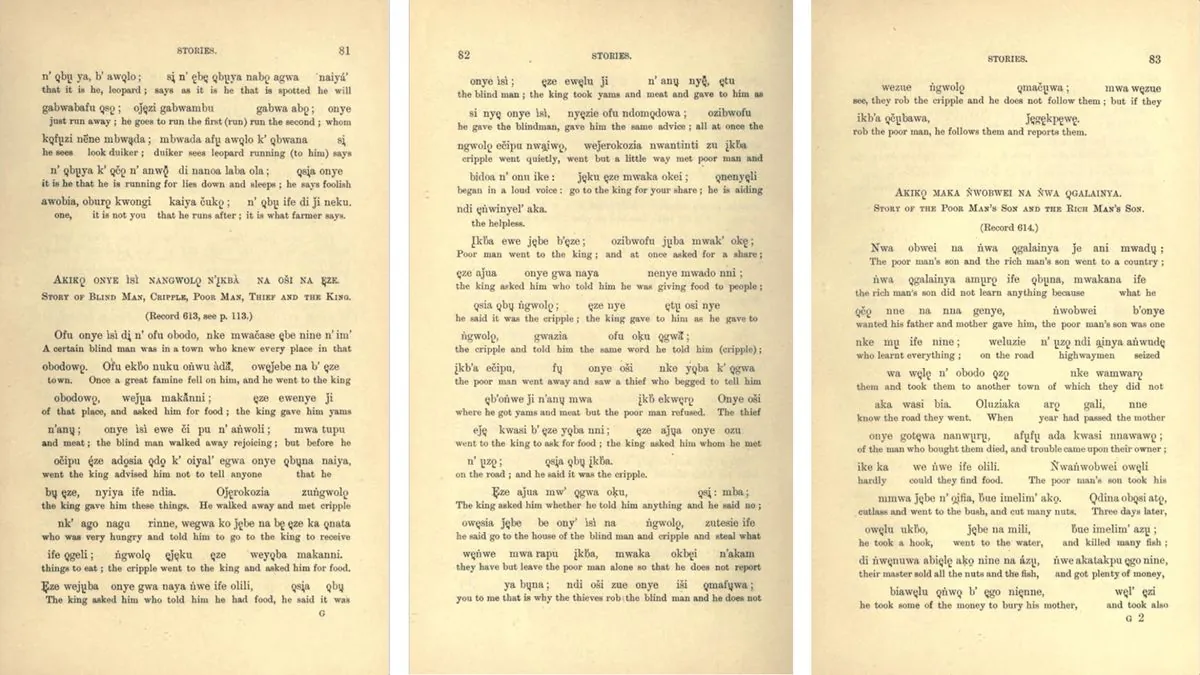Uzo Aduba's Memoir: A Tribute to Immigrant Resilience and Maternal Love
Emmy-winning actress Uzo Aduba pens a heartfelt memoir, exploring her Nigerian roots and mother's influence. The book offers insights into immigrant experiences and family dynamics in America.

Uzo Aduba, renowned for her Emmy-winning performances, has crafted a poignant memoir that delves into her Nigerian heritage and the profound impact of her mother's life on her own journey. The book, titled "The Road Is Good: How a Mother's Strength Became a Daughter's Purpose," offers a candid exploration of immigrant experiences and family dynamics in America.
Aduba's narrative begins with a stark revelation: her mother, Nonyem, is terminally ill. This somber framing device sets the tone for a memoir that balances pragmatism with deep emotional resonance. The actress, born to Nigerian immigrants, inherited a practical outlook that has shaped her perspective on life and art.
The memoir's title, "The Road Is Good," reflects the meaning of Aduba's full name, Uzoamaka. In Igbo, one of Nigeria's major languages spoken by approximately 24 million people, it acknowledges the challenges of life's journey and the gratitude for overcoming them. This theme permeates the book, as Aduba recounts her family's experiences in suburban Massachusetts.
Aduba's mother, Nonyem, emerges as the central figure in this narrative. A survivor of polio and domestic abuse, Nonyem's resilience in the face of adversity is a recurring motif. Her experiences during Nigeria's civil war, also known as the Biafran War (1967-1970), which resulted in over a million deaths, provide historical context to the family's journey.

The author employs a storytelling technique reminiscent of Nigerian oral traditions, weaving her mother's past into relevant moments of her own life. This approach allows readers to gradually uncover the layers of Nonyem's experiences, including her escape from an abusive first marriage.
Aduba's childhood in Medfield, Massachusetts, about an hour from Boston, is vividly portrayed. As one of the few Black families in an area known for its highly rated public schools, the Adubas created their own sense of community. This experience mirrors the demographic changes that occurred in suburban Massachusetts during the late 20th century.
The memoir touches on Aduba's acting career, including her breakout role as Suzanne "Crazy Eyes" Warren in "Orange Is the New Black," one of Netflix's first original series. She also portrays Shirley Chisholm, the first Black woman elected to the United States Congress, in the Hulu miniseries "Mrs. America." However, these career highlights take a backseat to the exploration of family dynamics.
Aduba challenges the stereotype of the "strong Black woman" often perpetuated by Hollywood, acknowledging the complexity of her mother's strength while rejecting the notion that resilience must come at the cost of vulnerability. This nuanced approach adds depth to the narrative, reflecting ongoing discussions about representation in media.
The book's structure, bookended by Nonyem's cancer diagnosis and eventual passing, creates a poignant framework for Aduba's reflections. The process of writing this memoir while grappling with grief demonstrates the author's own resilience, echoing the strength she admires in her mother.
"She told stories in the way that most Nigerians tell stories: They drift in when the time is right."
While the sections focusing on Aduba's acting career may feel less introspective compared to the family-centric passages, the overall narrative successfully captures the immigrant experience and the enduring influence of cultural heritage.
"The Road Is Good" stands out among celebrity memoirs for its focus on family rather than fame. It offers readers a thoughtful exploration of identity, resilience, and the complex legacy of immigrant parents. Aduba's work serves as both a tribute to her mother and a reflection on the journey that shaped her into the person and artist she is today.


































